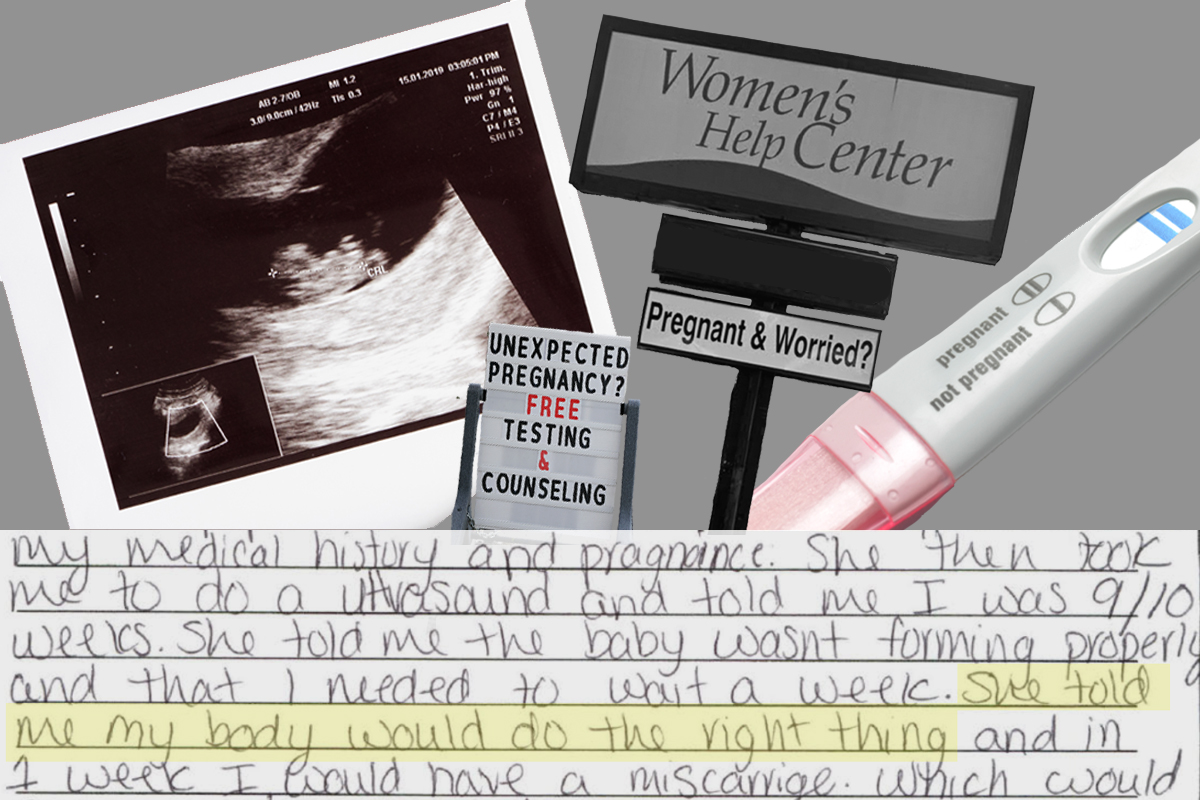Getting ready for a surgical abortion can feel confusing and scary. One of the recommendations you’ll hear is not to eat or drink beforehand. Why is this so? Let’s explore in a simple and easy-to-understand manner.
Understanding Surgical Abortions
A surgical abortion is a procedure. It’s done by a doctor in a clinic or a hospital. The procedure requires you to be asleep or to be very relaxed. This is done with certain medicines.
Reason for Fasting: Anesthesia
Anesthesia
The important reason you can’t eat or drink is because of a medicine called anesthesia. This medicine helps you sleep during the operation. When administering anesthesia, you must have an empty stomach. Here’s why:
The Risk Of Aspiration
- When you’re under anesthesia, the muscles in your body relax. This includes the muscles that stop food and drink from getting into your lungs. This is called the risk of aspiration.
- If you have food or drink in your stomach during anesthesia, the content might find its way into your lungs. This can cause serious complications such as pneumonia or cardiac arrest.
How Long Should You Fast Before a Surgical Abortion?
| Type of food/drink | Fasting period |
|---|---|
| Heavy meals (like meat, fried or fatty foods) | At least 6 hours before |
| Light meals (like toast or cereals) | At least 6 hours before |
| Non-human milk | At least 6 hours before |
| Clear fluids (like water, fruit juice without pulp, black coffee, soda) | At least 2 hours before |
Please note, these times can vary. Always follow the advice of your doctor.
Frequently Asked Questions On Why Can’t You Eat Or Drink Before Surgical Abortion: Vital Facts Unveiled
Why Can’t You Eat Before A Surgical Abortion?
Doctors recommend fasting before a surgical abortion to reduce the risks of aspiration during anesthesia. It’s best to follow these instructions to ensure the procedure goes smoothly.
What Does Fasting Ensure During Abortion?
Fasting lowers the volume and acidity of stomach contents, reducing the risk of aspiration during anesthesia, which can potentially cause pneumonia.
How Long Should You Fast Before Abortion?
The typical recommendation is to avoid eating for at least 8 hours prior and avoid drinking any fluids for 2-4 hours before the procedure.
Is It Dangerous To Eat Before Abortion?
Eating before an abortion can increase the risk of aspiration during anesthesia. This is why doctors often recommend fasting.
What To Eat After An Abortion?
Post-abortion, focus on consuming light, easily digestible foods like soups, yogurt, and fruit. Hydration should also be a priority.
Can Fasting Impact The Abortion Procedure?
Fasting does not impact the efficacy of the abortion, but it can drastically reduce anesthesia-related risks like aspiration.
When Can I Resume Eating Post-abortion?
It’s safe to eat soon after the operation. Begin with light, easily digestible foods such as soups or crackers and gradually resume your regular diet.
Does Anesthesia Require A Fasting Period?
Yes, anesthesia typically requires a fasting period of at least 8 hours for solids and 2-4 hours for liquids to reduce risks like aspiration.
What Happens If I Drink Water Before Abortion?
Drinking water shortly before an abortion can make the stomach contents more acidic which may increase the risk of complications due to aspiration during anesthesia.
Can I Drink Alcohol Before Abortion?
No, consumption of alcohol is not advised before the procedure. It can cause dehydration and might interact negatively with the anesthetics used.
Conclusion
While the idea of not eating or drinking before a surgical abortion might seem strange, it’s an important step. It ensures your safety during the procedure. Always remember to follow your doctor’s advice.




